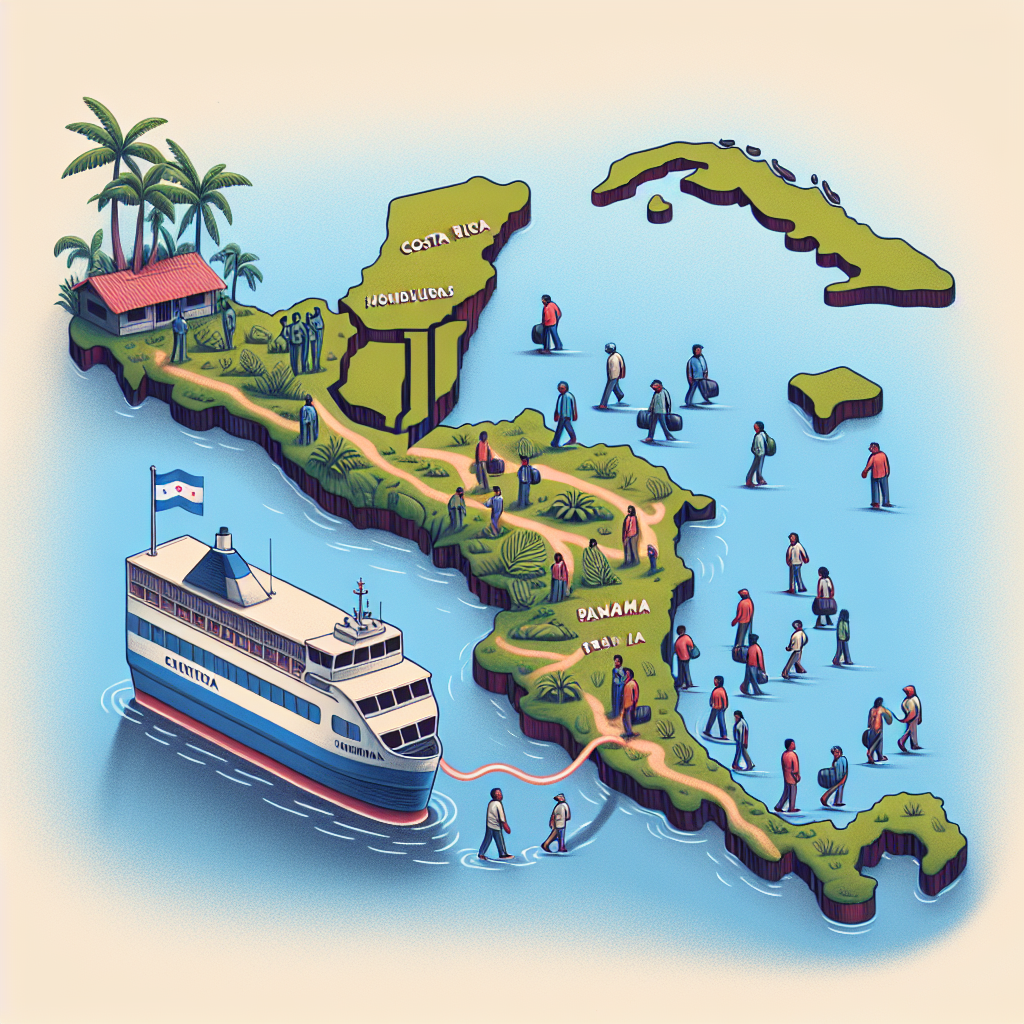Costa Rica and Honduras Follow Panama in Hosting Foreign Deportees Amid Trump Pressure
Costa Rica and Honduras Follow Panama in Hosting Foreign Deportees Amid Trump Pressure
Background
In response to increasing pressure from the Trump administration, Costa Rica and Honduras have joined Panama in agreeing to host foreign deportees. This move is part of a broader strategy by the United States to manage immigration more effectively by collaborating with Central American countries.
Key Developments
- U.S. Pressure: The Trump administration has been actively seeking cooperation from Central American nations to address immigration challenges.
- Regional Cooperation: Costa Rica and Honduras have agreed to host deportees, following Panama’s lead in this initiative.
- Strategic Partnerships: These agreements are part of a larger effort to strengthen ties and improve regional security and stability.
Implications
The decision by Costa Rica and Honduras to host deportees has several implications:
- Regional Impact: This move could enhance regional cooperation and potentially ease the immigration burden on the U.S.
- Humanitarian Concerns: There are concerns about the capacity of these countries to adequately support and integrate deportees.
- Political Dynamics: The agreements may influence political relations and negotiations between the U.S. and Central American countries.
Conclusion
The decision by Costa Rica and Honduras to host foreign deportees, following Panama’s example, highlights a significant shift in regional immigration strategies under U.S. influence. While this move aims to bolster regional cooperation and address immigration challenges, it also raises questions about the humanitarian and political implications for the countries involved.

































